- La UE y LAC, juntas en desastres naturales y humanitarios
- México, el país más vulnerable a desastres naturales de América Latina
- América Latina y el Caribe firman con la UE Un MdE sobre Cooperación en materia de Gestión Integral del Riesgo de Desastres
- El mundo está en la autopista hacia el infierno climático
- Informe de la Unesco advierte sobre el calentamiento global acelerado y el aumento del nivel del mar
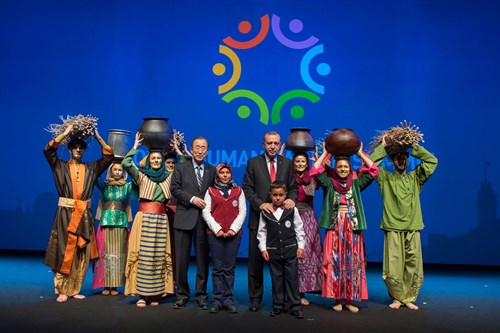 United Nation Secretary-General Ban Ki-moon and Turkish President Recep Tayyip Erdogan on stage at the closing ceremony of the World Humanitarian Summit. 24 May 2016. Photo: UNOCHA
United Nation Secretary-General Ban Ki-moon and Turkish President Recep Tayyip Erdogan on stage at the closing ceremony of the World Humanitarian Summit. 24 May 2016. Photo: UNOCHA
Hailing the global community’s achievements at the first-ever World Humanitarian Summit, United Nations Secretary-General Ban Ki-moon today called for commitments made to be taken forward for transformative change from the top down and from the ground up.
“The World Humanitarian Summit has been a unique event, in form as well as substance,” Mr. Ban said in Istanbul, Turkey, speaking to reporters on the second and last day of the Summit, dedicated to improving the humanitarian system and alleviating the suffering of millions.
“We have the wealth, knowledge and awareness to take better care of one another. But we need action, based on the five core responsibilities of the Agenda for Humanity,” he stressed, referring to the principles that guided the hundreds of events organized at the two-day conference.
In total, the Summit brought together 173 Member States, 55 Heads of State and Governments, some 350 private sector representatives, and over 2000 people from civil society and non-governmental organizations. Together, some 1,500 commitments were made, including:
- The Education Cannot Wait fund to help provide quality education to children and youth in crises.
- A Grand Bargain that will increase the efficiency and effectiveness of investment in emergency response
- The Global Preparedness Partnership to better prepare twenty of the countries that are most at risk of crisis
- The One Billion Coalition for Resilience which aims to mobilize a billion people to build safer and more stable communities worldwide
Yet, the Secretary-General also expressed disappointment that some world leaders could not be in Istanbul, especially from the G7 countries, except Chancellor Angela Merkel of Germany.
“They are some of the most generous donors of funding for humanitarian action, but I urge their greater engagement, particularly in the search for political solutions,” he stressed, noting that “aligning the interests of such a diverse constellation of actors is inherently challenging.”
The UN chief said divisions between the members of the Security Council have prevented progress in recent years, not only on critical issues of war and peace, but on humanitarian affairs.
“That is why I make a special appeal to leaders of the nations that are permanent Members of that Council to take important steps at the highest level. Their absence from this meeting does not provide an excuse for inaction,” he said.
Speaking at the closing ceremony with Turkish President Recep Tayyip Erdogan, Mr. Ban further highlighted that the Summit is not an end point, but a turning point.
Closing plenary and ceremony of the World Humanitarian Summit. Credit: United Nations
“In September, I will report to the United Nations General Assembly on the Summit’s achievements,” he noted. “I will propose ways to take our commitments forward through intergovernmental processes, inter-agency forums and other mechanisms.”
- El Niño 2023-2024 América Latina y el Caribe
- Compendium of good practice on post disaster recovery in the Latin America and Caribbean Region: 12 Good practices
- Avances y desafíos de la cooperación internacional en desastres
- Informe de relatoría - Taller para la construcción de lineamientos estratégicos para la gestión del riesgo de desastre en América Latina y el Caribe
- Informe resumido, 17–19 de mayo de 2023: Reunión de alto nivel sobre la revisión intermedia del Marco de Sendai




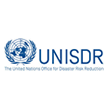


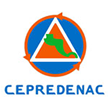


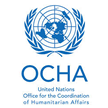

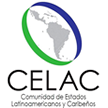
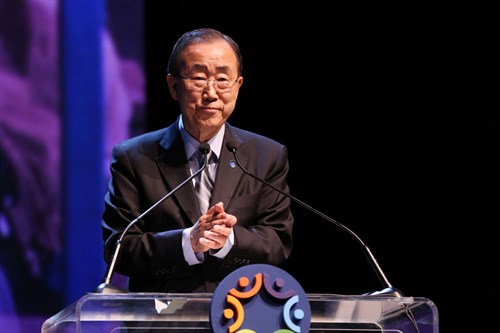 Secretary-General Ban Ki-moon addresses the closing of the first-ever World Humanitarian Summit in Istanbul,Turkey. Photo: UNOCHA
Secretary-General Ban Ki-moon addresses the closing of the first-ever World Humanitarian Summit in Istanbul,Turkey. Photo: UNOCHA


